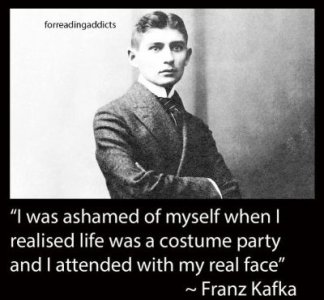I love Mark Twain quotes. He always had interesting and/or funny things to say.  Here's another.
Here's another.
Twain was tired of receiving photographs from men claiming to be his double. To cope with the heavy correspondence this entailed, he composed the following form letter and had his printer run off a few hundred copies:
"My dear Sir,
I thank you very much for your letter and your photograph. In my opinion you are more like me than any other of my numerous doubles. I may even say that you resemble me more closely than I do myself. In fact, I intend to use your picture to shave by.
Yours thankfully,
S. Clemens."
Twain was tired of receiving photographs from men claiming to be his double. To cope with the heavy correspondence this entailed, he composed the following form letter and had his printer run off a few hundred copies:
"My dear Sir,
I thank you very much for your letter and your photograph. In my opinion you are more like me than any other of my numerous doubles. I may even say that you resemble me more closely than I do myself. In fact, I intend to use your picture to shave by.
Yours thankfully,
S. Clemens."

